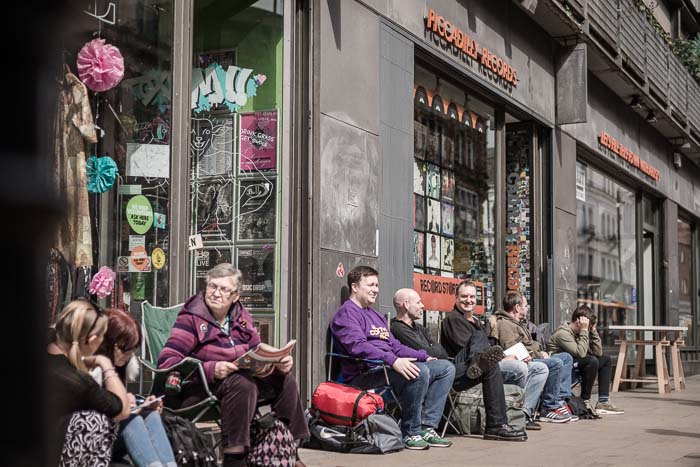The Manchester Arena attack fund raised over £21m – so where’s the money gone?
- Written by I Love MCR
- Last updated 6 years ago
- Charity
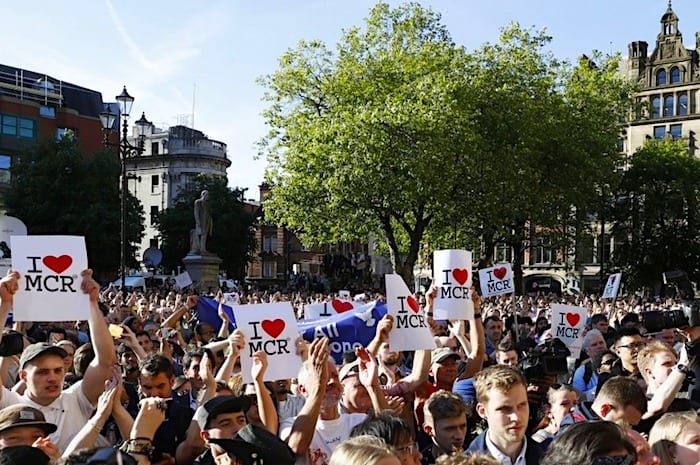
The We Love Manchester Emergency Fund set up following the devastating attack on Manchester Arena in 2017 raised £21.6m in two years before closing in January this year.
Most of the funds have been distributed. The remaining £1.1m will go to those most significantly injured who have been left permanently disabled with a long-term impact on their daily living, and those who still require significant further surgery or rehabilitation.
This includes £75,000 towards six months of physiotherapy at the Manchester Institute of Health and Performance, which will be match-funded by the NHS.

The largest single donation to the Emergency Fund came from the One Love Manchester benefit concert hosted by Ariana Grande in June 2017, which raised £7.2m.
Edith Conn OBE, We Love Manchester Emergency Fund chair of trustees, said: “The trustees of the fund understand that people have been affected very differently by the attack and in order to discharge their responsibilities both to the beneficiaries and to the donors have made these decisions based on ongoing physical and functional disability and clinical prognosis, following advice from medical professionals.
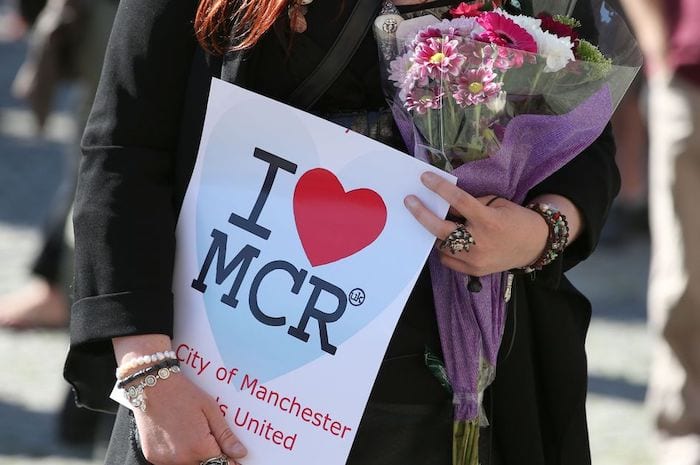
“Manchester and the world responded with such kindness, generosity and solidarity in the aftermath of the Manchester Arena attack, which took place nearly two years ago.
“In raising more than £21.5m, those who donated have helped many, many people who suffered during that incident.”
According to a breakdown of expenditure from the fund, bereaved families received £7.9m whilst £7.5m went to those with physical injuries.
Bereaved – £7.875m
Other physically injured – £7.487m
Psychological injuries – £3.45m
Most seriously injured – £900,000
Psychological and other support – £862,000
Running costs – £444,000
Manchester Institute of Health and Performance (for intensive physiotherapy and rehabilitation) – £375,000
A spokesperson from Manchester City Council told Civil Society News: “[The running costs] were unavoidable, for example insurance, JustGiving fees and were more than met by the £1m government grant for this purpose, the remainder of which went to the fund, so not a single penny given by donors was spent on running costs and much of the charity work has been done pro bono.”
- This article was last updated 6 years ago.
- It was first published on 2 August 2019 and is subject to be updated from time to time. Please refresh or return to see the latest version.
Did we miss something? Let us know: press@ilovemanchester.com
Want to be the first to receive all the latest news stories, what’s on and events from the heart of Manchester? Sign up here.
Manchester is a successful city, but many people suffer. I Love Manchester helps raise awareness and funds to help improve the lives and prospects of people across Greater Manchester – and we can’t do it without your help. So please support us with what you can so we can continue to spread the love. Thank you in advance!
An email you’ll love. Subscribe to our newsletter to get the latest news stories delivered direct to your inbox.
Got a story worth sharing?
What’s the story? We are all ears when it comes to positive news and inspiring stories. You can send story ideas to press@ilovemanchester.com
While we can’t guarantee to publish everything, we will always consider any enquiry or idea that promotes:
- Independent new openings
- Human interest
- Not-for-profit organisations
- Community Interest Companies (CiCs) and projects
- Charities and charitable initiatives
- Affordability and offers saving people over 20%
For anything else, don’t hesitate to get in touch with us about advertorials (from £350+VAT) and advertising opportunities: advertise@ilovemanchester.com


The Manc aerobics queen who trained the Corrie cast is helping raise charity cash
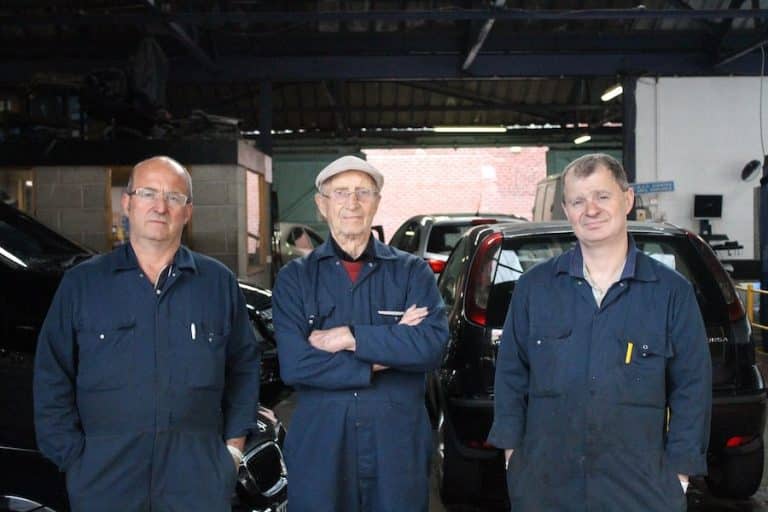
Ancoats to get even cooler as independent market set for MOT garage site
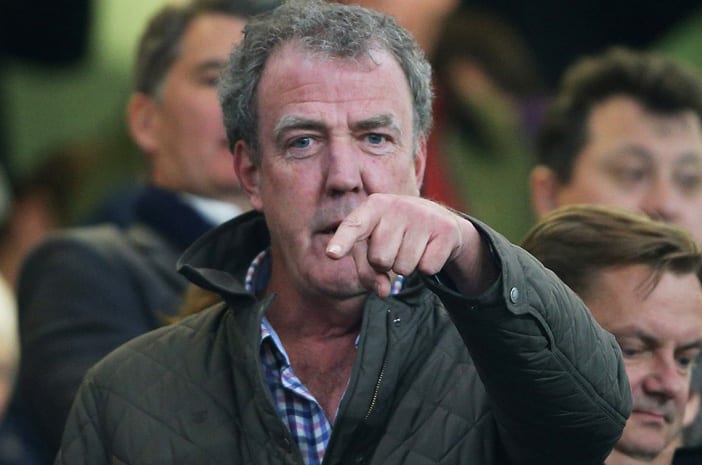
“Manchester is not Britain’s second city, it’s the first” – Jeremy Clarkson
